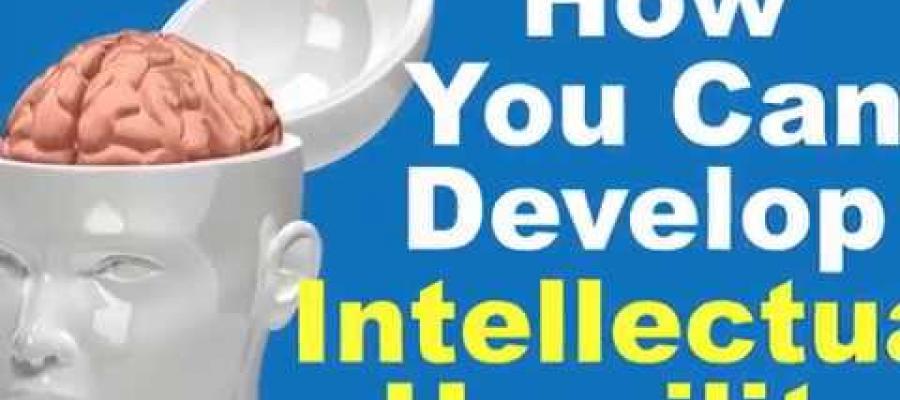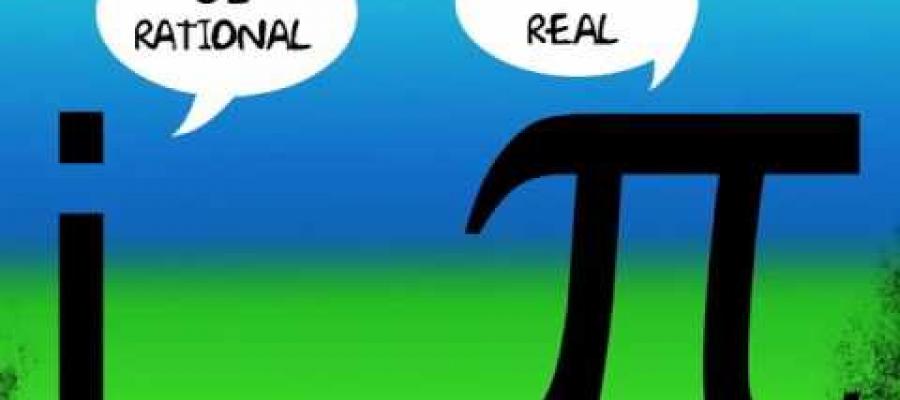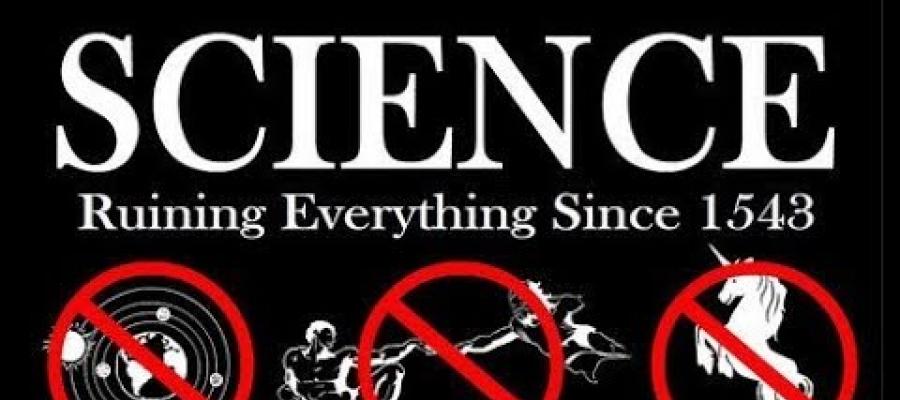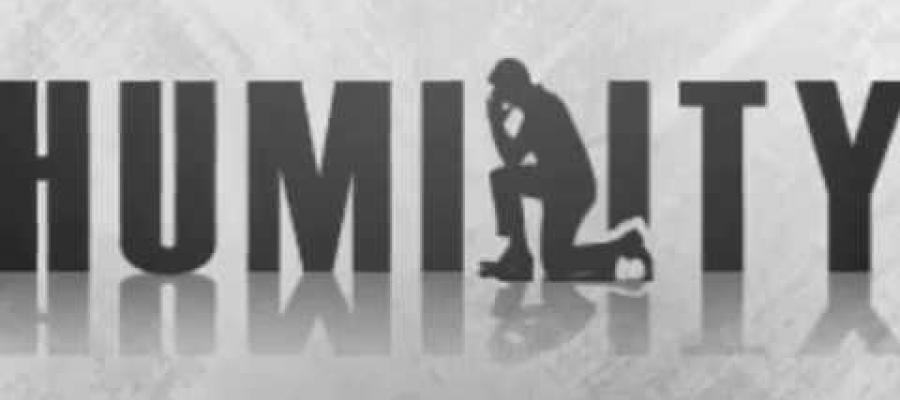The Oracle of Delphi pronounced Socrates the wisest man in Athens. Paradoxically, what made him wise was that he knew that he did not know anything. Socrates was unique in possessing the virtue of intellectual humility. His wisdom was derived from his ability to recognize the limits of his own knowledge, and use this as the starting point for genuine enquiry.
In this six-episode series, sponsored by a generous grant from the John Templeton Foundation, we invite listeners to examine intellectual humility from a variety of perspectives. Can we ever know whether or not we know anything? How can we recognize and subvert our own cognitive biases? How do we humbly disagree with one another? Does science really have all the answers? Can religious faith and intellectual humility be reconciled? And how can we promote greater intellectual humility in public discourse online?
Intellectual Humility
| Episode Title | Guest | Related Content | ||
|---|---|---|---|---|
 | Knowing What We Know (And What We Don't) | Baron Reed, Professor of Philosophy, Northwestern University | Knowing What We Know—And What We Don't Know | |
 | Cognitive Bias | Brian Nosek, Professor of Psychology University of Virginia; co-Founder and Executive Director, Center for Open Science | Cognitive Bias | |
 | How to Humbly Disagree | Nathan Ballantyne, Professor of Philosophy, Fordham University | Humble Disagreement | |
 | Does Science Over-reach? | Massimo Pigliucci, Professor of Philosophy, City University of New York | Does Science Over-reach? | |
 | Faith and Humility | Joshua Hook, Professor of Psychology, University of North Texas | Faith and Humility | |
 | Trolling, Bullying, and Flame Wars: Humility and Online Discourse | Michael Lynch, Professor of Philosophy, University of Connecticut | Trolling, Bullying, and Flame Wars |